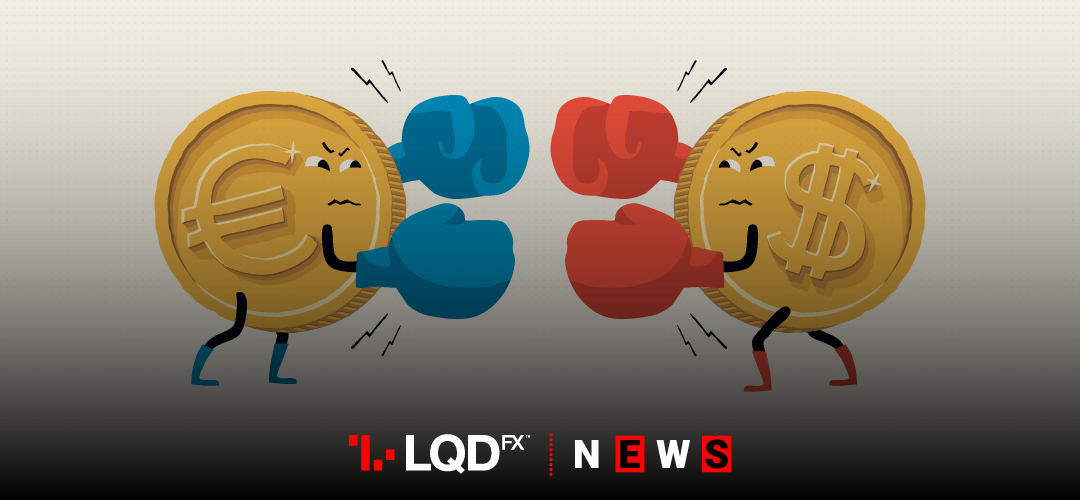The euro dropped almost 0.5% against the greenback on Monday, being close to more than a year low. What’s going on?
The EU-Italy conflict over Italy’s budget plans forced a spike in Italian bond yields. Italian budget has been under the spotlight recently. European data, and particularly inflation data, support traders to dump the Euro. Weakness in stock markets worldwide and the widening gap between core European and U.S. bond yields affected traders’ sentiment.
Against the Swiss franc the Euro dropped 0.5% and it fell 0.7 % against the Japanese yen.
The euro’s losses translated into gains for the greenback. Against a basket of its major traded rivals it rose 0.4 % to 95.99, edging towards a 14-month high of 96.991 hit in mid-August. The dollar climbed 0.5% last week, marking its second consecutive week of gains. Hedge funds ramped up their dollar holdings by $3.4 billion to $28.7 billion, the largest rise since end-December 2016.
Yields on 10-year Treasuries hit a seven-year peak on Friday as data showed the unemployment rate falling to its lowest since 1969.
Forex Market – Greenback is back but Sterling is down
Moves were limited by a lack of liquidity with Japan and the U.S. bond market closed for a holiday.
The Sterling dropped 0.7%, wiping out all its gains last week. Forex traders focused on any breakthrough in Brexit negotiations as Britain moves nearer to an exit deal with the EU. EU Brexit negotiators believe a deal with Britain on leaving the bloc is “very close”.
Oil prices dropped below 83$ pressured by expectations that some Iranian oil exports will keep flowing. Brent crude futures dropped by 1 dollar and 38 cents a barrel, just a bit below 83$ per barrel. U.S. crude futures dropped by 1 dollar and 14 cents a barrel from their last close. Oil also dropped as investors focused on rising output from other producers to compensate for lower Iranian supplies.
Sources: Reuters, CNN money, BBC
PLEASE NOTE The information above is not investment advice.
